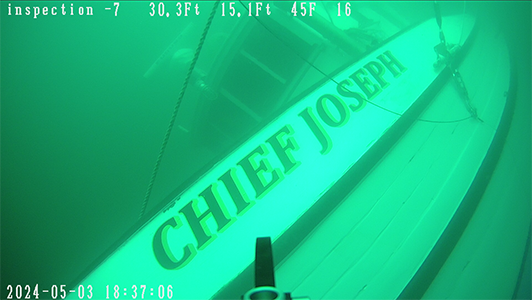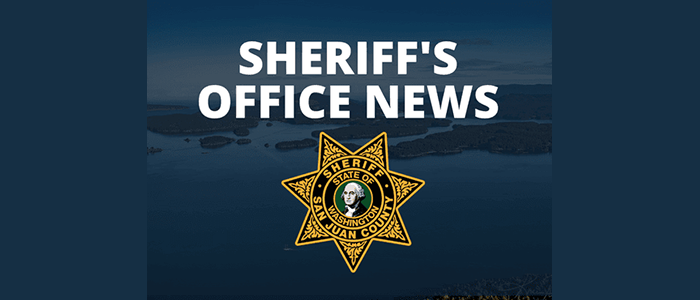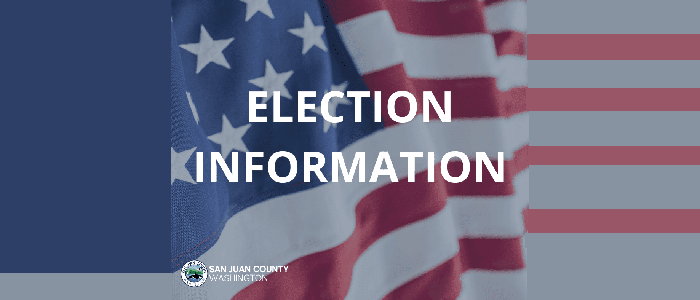||| FROM THE OFFICE OF REP. RICK LARSEN |||
WASHINGTON, D.C. – Today, Rep. Rick Larsen (WA-02), the lead Democrat on the Transportation & Infrastructure Committee, announced the introduction of a bipartisan bill to improve pipeline safety in the Pacific Northwest and across the United States.
The bipartisan Promoting Innovation in Pipeline Efficiency and Safety (PIPES) Act of 2023 reauthorizes the Pipeline and Hazardous Materials Safety Administration’s (PHMSA) pipeline safety program for the next four years and provides an efficient and effective framework to advance the safety of energy infrastructure nationwide.
“I have worked for years to raise the bar on pipeline safety after the tragic 1999 explosion in Bellingham, and the PIPES Act of 2023 continues the momentum of progress,” said Larsen. “I will continue to fight to reduce the risk of pipeline incidents, promote transparency of pipeline safety information for local communities and increase accountability for pipeline operators.”
Larsen Has Long Supported Pipeline Safety
Larsen has prioritized pipeline safety throughout his time in Congress:
- Following the tragic pipeline explosion in Bellingham in 1999, Larsen helped write the 2002 Pipeline Safety Improvement Act, as well as the Pipeline Safety, Regulatory Certainty and Job Creation Act of 2011, the PIPES Act of 2016 and the PIPES Act of 2020.
- In August 2021, Larsen toured Whatcom Falls Park with then-PHMSA Acting Administrator Tristan Brown and Pipeline Safety Trust Office staff to discuss the 1999 explosion and how to further improve pipeline safety.
- In 2021, Larsen supported the Bipartisan Infrastructure Law, which established the Natural Gas Distribution Infrastructure Safety and Modernization grant initiative. The initiative, which is administered by the PHMSA, makes available $200 million per year for five years to a municipality or community owned utility (not including for-profit entities) to repair, rehabilitate or replace its natural gas distribution pipeline systems or to acquire equipment to improve safety.
What the PIPES Act Does
Specifically, the PIPES Act of 2023:
Ensures PHMSA and State Pipeline Safety Inspectors Have Necessary Resources
- Invests $804 million over four years for PHMSA, including $78 million for pipeline safety – a $20 million increase in the first year and $7 million increases in subsequent years.
- Requires PHMSA to submit state pipeline safety program funding information to Congress.
Prepares for Emerging Pipeline Infrastructure
- Requires a carbon dioxide pipeline rulemaking to ensure PHMSA oversees the safety of pipelines used for transporting carbon dioxide to sequester locations.
- Directs the GAO to study how natural gas pipeline systems blend hydrogen into their pipelines.
- Allows for rules related to the safety of hydrogen-natural gas blending to make sure its transportation is safe and to support the build out of hydrogen infrastructure.
Holds Pipeline Operators Accountable
- Increases the maximum civil penalty PHMSA can assess on pipeline operators by 25 percent.
- Requires studies to determine whether integrity management rules are making communities safer, the costs of a pipeline failure, and the efficacy of existing geohazard mitigation requirements, including for seismicity and flooding.
Increases Transparency
- Creates an Office of Public Engagement to educate local governments, public safety organizations, pipeline operators and the public about pipeline safety best practices and regulations.
- Requires PHMSA to assess how pipeline operators engage the public on safety and emergency response plans and allows PHMSA to create guidance to improve pipeline safety information sharing with the public.
- Requires a study on the need and ability to create a localized emergency alert system in the event of pipeline accidents or incidents.
Additional Information
The full text of the PIPES Act of 2023 can be found here.
A section-by-section summary of the legislation can be found here.








